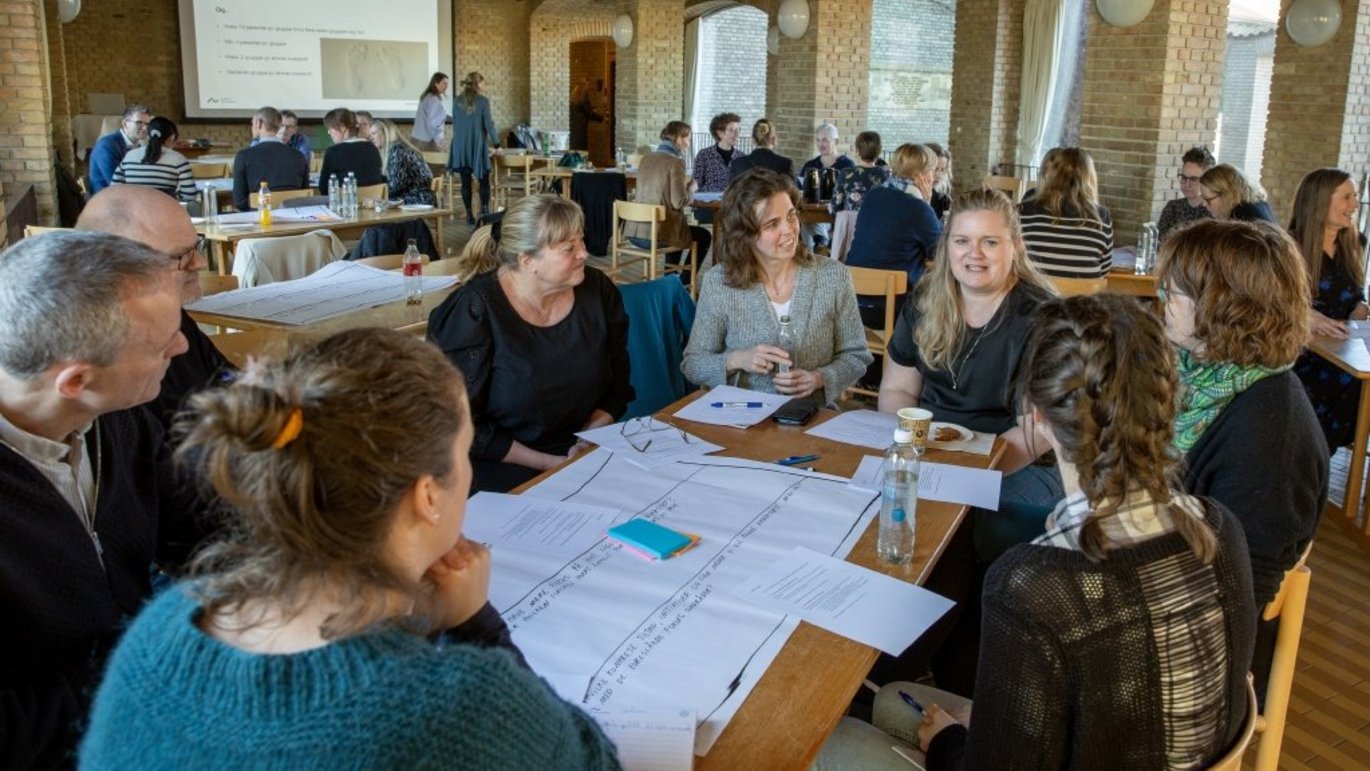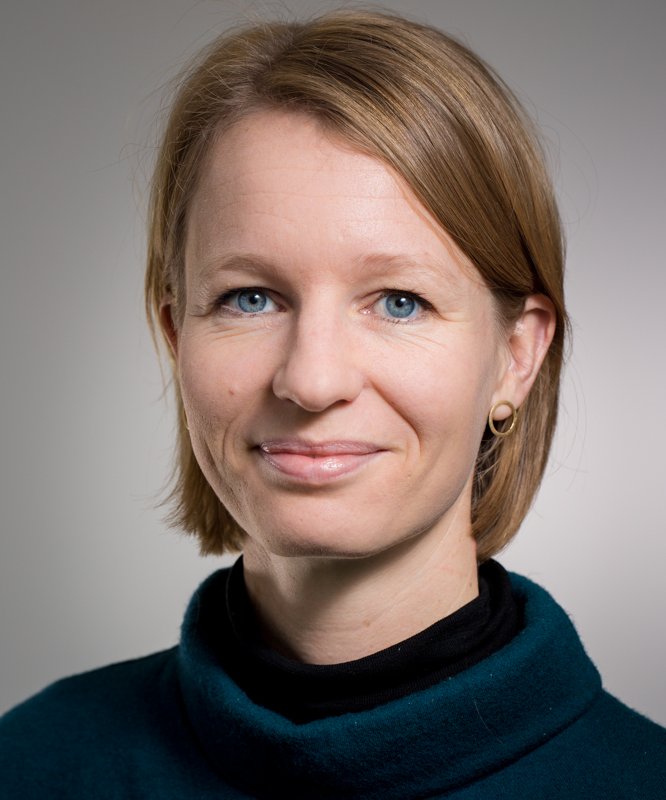What impact does generative AI have on the academic objectives?
The discussion about generative artificial intelligence (GAI) has taken a prominent place in education. In light of this, the CED invites you to an explorative workshop where we all will explore the impact of GAI in relation to the programmes' curriculum and current teaching and examination practices.



"We need to become wiser together. This technology is so new that we are still learning about it at AU. The general expectation is that GAI will influence not only working methods and content but also the academic objectives of the programmes. Yet, no one knows how. We will try to figure that out together at these exploratory workshops," explains Tina Bering Keiding, division manager at the CED.
She also emphasises that the various academic environments at AU must gain a deep understanding of how GAI impacts their programmes, so they can ensure a well-informed and nuanced integration of GAI.
"GAI is very good at outlining and explaining topics in text format. So perhaps some programmes might need to revise their current learning outcomes so the students not only learn to produce relevant outputs at an explanatory level, but also learn to reflect more critically on the outputs provided by GAI, and become able to reflect on their own use of GAI," special consultant Dorte Sidelmann Rossen elaborates.
Both Dorte Sidelmann Rossen and Tina Bering Keiding are part of the working group of the Digitally Competent Graduates project, which is working towards future-proofing the relevance of the education programmes so students become well-equipped to work in a labour market that is constantly digitally evolving. Here, ‘GAI literacy’ plays a key role.
One size does not fit all
How GAI will affect the programmes will look different within different disciplines:
"At the workshops, we will explore the topic together with the academic environments and look at what it will mean for the participant’s particular profession and programme. For example, whether the emergence of GAI will affect what the students need to learn and how they will be assessed," says Dorte Sidelmann Rossen.
Therefore, the workshop is aimed at everyone at AU who works with teaching and education:
"This is not just a management thing at the programme level, and it is not just a practical thing at the course level either. Therefore, all interested teachers, course coordinators, and heads of degree programmes are welcome," says Tina Bering Keiding.
The hope is that participants will be well-equipped to bring back these discussions to their own academic environments.
